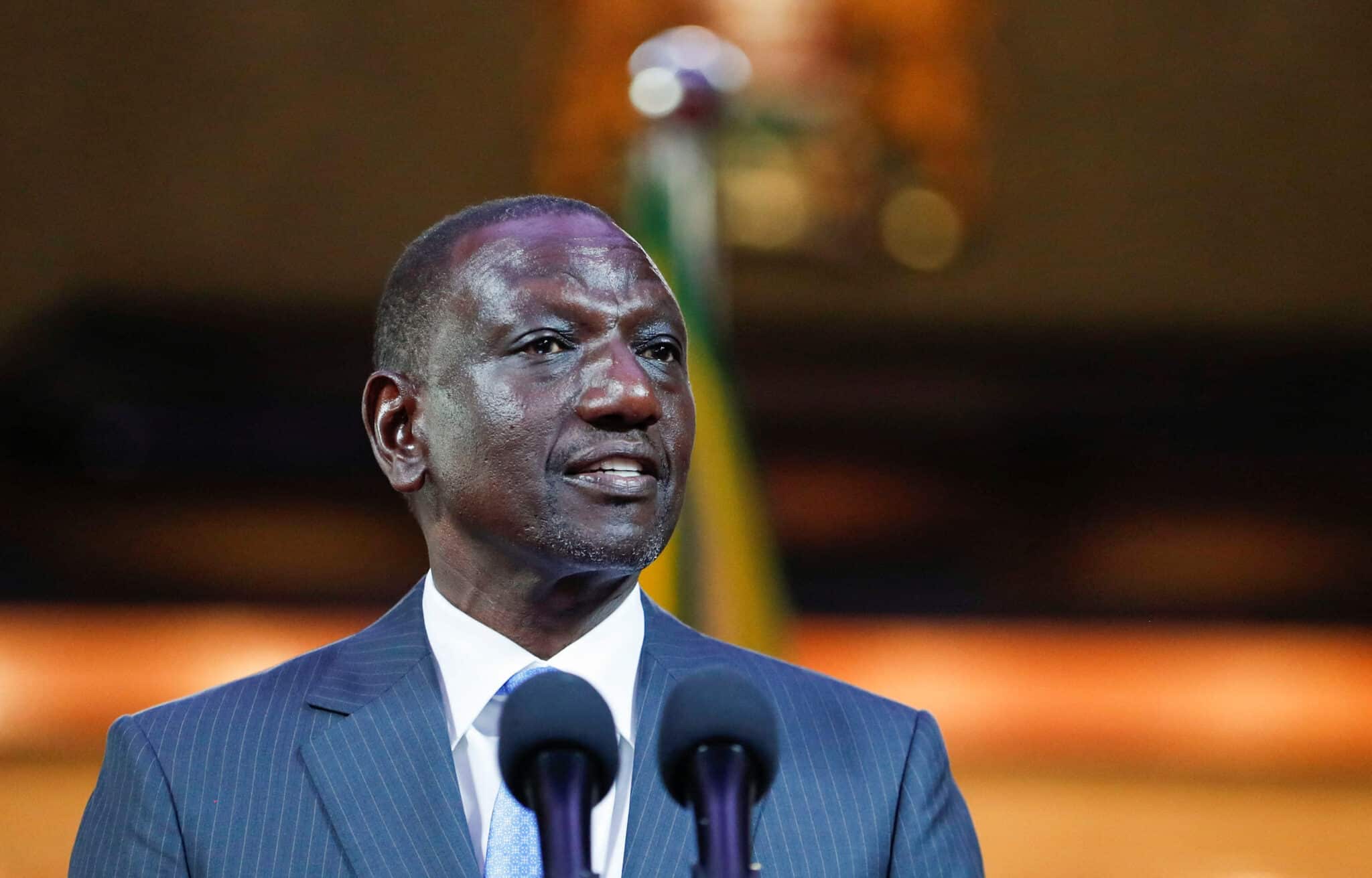
NAIROBI, July 19 (Reuters) – Kenyan President William Ruto on Friday mostly named holdovers from the cabinet he sacked last week to a new government meant to respond to the grievances of young protesters.
In a televised address, Ruto announced 11 appointments – six from the previous cabinet – with others to follow soon.
The mass firing last week was a concession to demands from youth-led protests that had already forced him to withdraw $2.7 billion in proposed tax hikes amid the biggest crisis of his two-year presidency.
The protests have resulted in more than 50 deaths since mid-June, and many demonstrators are now calling for Ruto to resign. Large protests took place again this week despite the president’s concessions.
Ruto re-appointed the ministers of interior, defence, environment and lands and changed the portfolios of two other ministers.
The appointee to be education minister, Julius Migos Ogamba, was the running mate of the outgoing education minister, Ezekiel Machogu, when Machogu stood unsuccessfully for governor of Kisii County in 2022, local media reports showed.
The nominees to be ministers of health, information, agriculture, water and education did not appear to have political backgrounds.
“I will be issuing next week a clear roadmap on the assignment that the new cabinet is going to have, with clear timelines and deliverables,” Ruto said.
The protests have left Ruto caught between pressure from lenders to pay down high debts and a public reeling from high living costs. The government has proposed austerity measures to narrow the deficit caused by shelving the proposed tax raises.
Kenyan media outlets had earlier reported that some members of the political opposition were likely to be named to Ruto’s new cabinet.
Activists behind the protests, which have no official leader and reject the entire political class as corrupt, have opposed the idea of a unity government.
They said a deal between rival coalitions would only perpetuate a tradition in Kenyan politics of leaders co-opting the opposition with jobs and perks while the population sees no benefits.
(Reporting by Aaron Ross, George Obulutsa, Humphrey Malalo in Nairobi, Tannur Anders in JohannesburgWriting by Aaron Ross Editing by Bate Felix)

